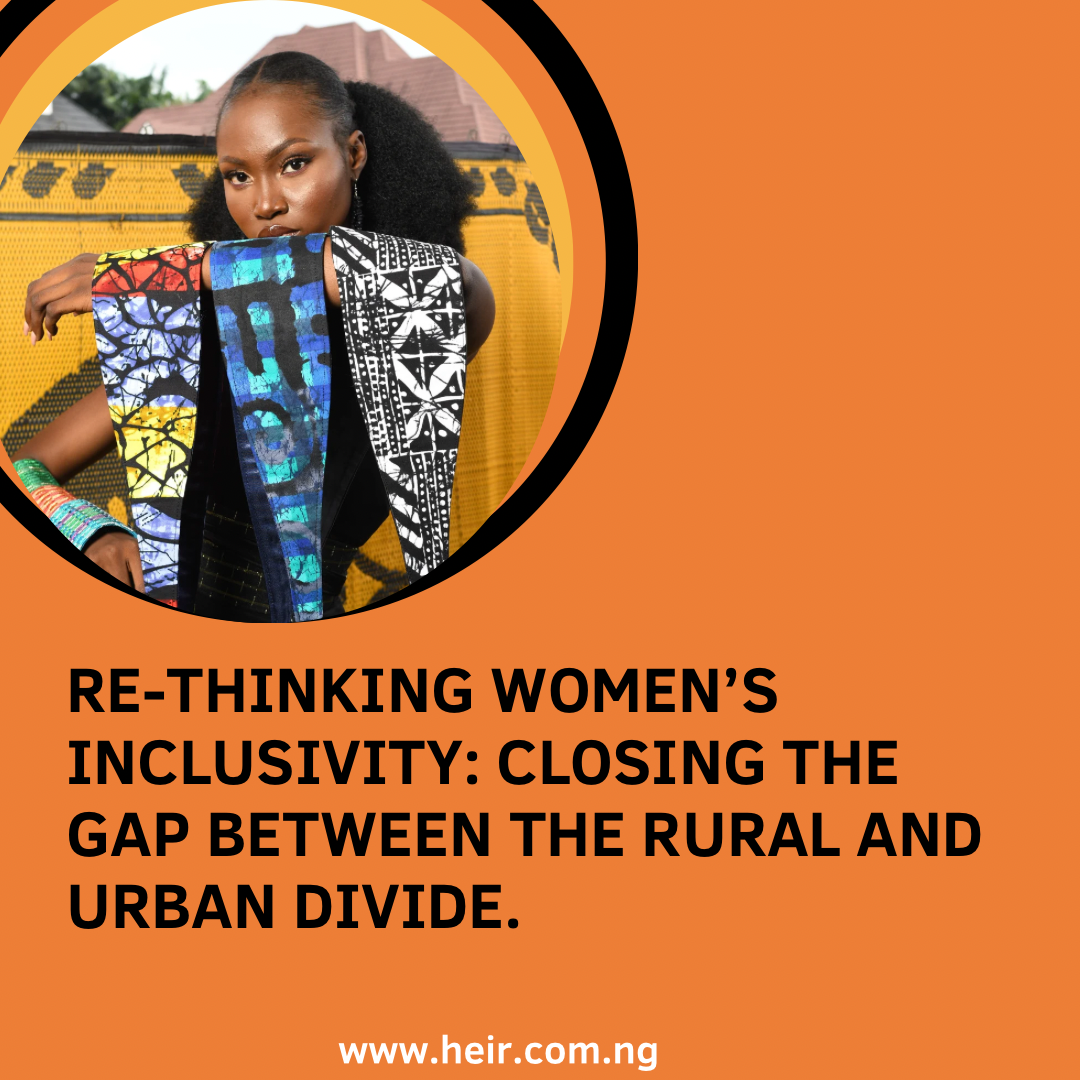
3 out of 36 States in Nigeria are working towards the inclusion of women in leadership and decision making positions. Kwara. Ebonyi and Ekiti States have intentionally created spaces, trained and equipped women and elevated these women into the helm of affairs. The combined representation of leaders in these 3 states show women working in offices like Deputy Governor, Secretary to State Government, Head of Service, Accountant General, Chief Judge, Commissioners with a notable role in Kwara State’s commissioner for environment being one of the youngest women in that position in Nigeria and holding this role with excellence in performance to date.
The place of women in power being severely marginalised isn’t a rhetoric. Nigeria still lacks balanced inclusion of female leaders in positions of authority. Women are still missing in leadership even when they have the ‘power’ to elevate others into positions. Looking through the lens of political participation, every candidate irrespective of gender, recognises the importance of rural women in mobilising and campaigning. Rural women indeed wield the power to influence decisions about who ‘wins’ a political leadership position but often times, inclusion of women into elected positions (seldomly appointed positions), by other women can be nuanced. The mindset that women can influence the outcome of another woman’s election is possible. I opine that this process can be re-addressed to close the rural/urban women divide in leadership selection.
In the just concluded Voice of Women conference conveyed by the CEO of Women Radio, Toun Sonaiya, the core of the theme centred around women inclusion with a strong context on bridging the gap that still demarcates women in urban and rural spaces. A common thread of discussions was the feeling of usability. Candidates running for office would often ‘use’ women. Women running for office will often campaign through rural and grassroots groups. The post election process is usually different from the pre election phase- rural women who serve as the stakeholders and the voters, feel and seem to be ‘forgotten’ until the next election cycle.
While leadership and decision making roles has and still operates through a gendered system, rural women have the ‘power’ in their own right to ‘make’ leaders. A survey conducted by the Voice of Women Foundation showed that rural women would most certainly campaign and most likely not vote women because of the lack of confidence and trust the rural women feel is missing in a female candidate. It doesn’t mean that voting against women would reposition the voters in positions that are ‘favourable’ however the mindset of women not seen as leaders and the social norms governing our society still greatly plays a limiting factor for women to vote other women into elective positions in my opinion. While the narrative of ‘women support women’ may be rhetorically true for some, the actuality of it can be misleading for the majority of rural and urban women in a larger context.
The VOW conference had in attendance, a good representation of the divide- rural and urban women in varying positions and representations, voiced their concerns and reality in closing the lacuna. While the aim centres around rural women who undoubtedly are very important in electioneering, there seem to be a gap in vision that requires addressing on both sides of the divide when choosing to vote women into leadership roles. An example was when one of the moderators asked the question ‘what does “thank you” mean to rural women’?, the expectations of this was different between the urban and the rural intersections.
In rethinking about closing the divide, it is worth considering a question on how many more positions can be filled by women? What can be demonstrated to women to engage more women, to represent women. What particular social norms may influence the rural-urban divide? Ekiti State modelling of women in power positions is now not a rhetoric neither is Kwara State application an impossibility. Nigeria has 33 States (excluding Ebonyi which has same model) that can channel the practical advantage of women leaders. Why is the replication process across other States, slow?
As I continue to advocate that women should be chosen to lead, I also question the women who have been chosen (elected or appointed) to lead and ask how the use of power under their leadership has impacted the repositioning of more women for decision making roles. This for me would make an absolute difference in bridging the divide.
The Ekiti and Kwara States models is proof that it can be done.
Añuli Aniebo
References
Sylvia Tamale (2000) ‘Point of order, Mr Speaker’: African women claiming their space in parliament, Gender & Development, 8:3, 8-15, DOI: 10.1080/741923783
